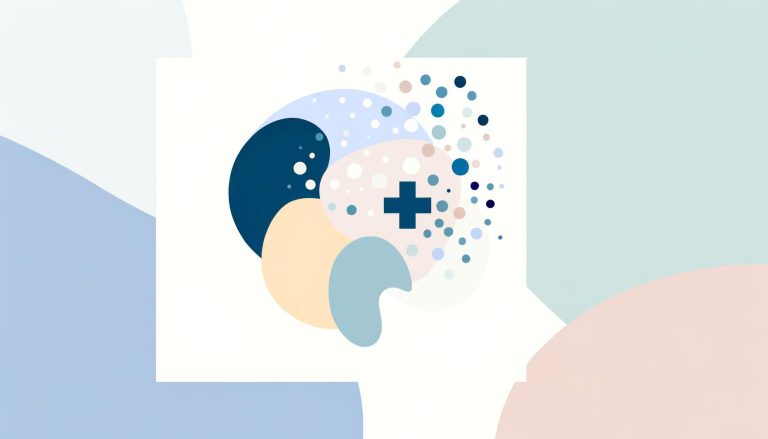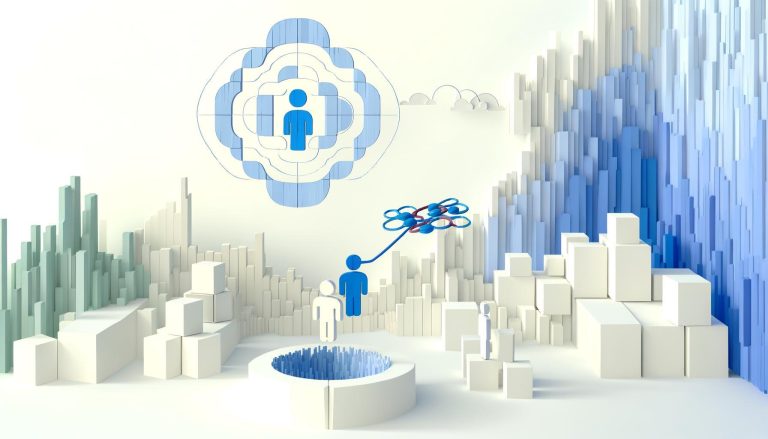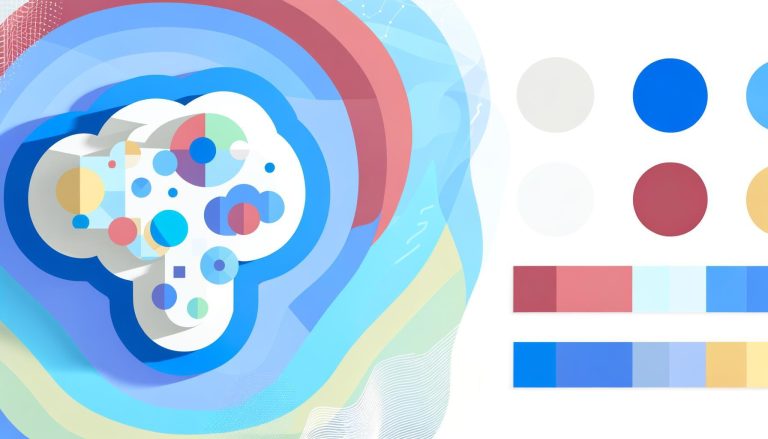Adjustment disorders, often triggered by significant life changes or stressors, can be challenging to manage. While traditional therapeutic approaches have long been the mainstay in treating these disorders, the advent of Artificial Intelligence (AI) introduces new, promising avenues for treatment and support. This article explores the impact of AI on treating adjustment disorders, examining its benefits, potential applications, and practical tips for integrating AI tools into treatment plans.
Understanding Adjustment Disorders
What Are Adjustment Disorders?
Adjustment disorders are psychological responses to identifiable stressors that result in emotional or behavioral symptoms. These disorders usually manifest within three months of the onset of the stressor and can significantly impair social, occupational, or other areas of functioning. Common stressors include major life transitions, relationship issues, or significant losses.
Traditional Treatment Approaches
Traditional treatment for adjustment disorders typically involves psychotherapy, including cognitive-behavioral therapy (CBT), which helps individuals develop coping strategies and improve emotional regulation, as well as medications in some cases. However, these methods can be time-consuming, expensive, and, in some regions, difficult to access.
The Role of AI in Treating Adjustment Disorders
AI-Powered Diagnostic Tools
AI has the ability to analyze vast amounts of data quickly and accurately. In the context of adjustment disorders, AI-powered diagnostic tools can help clinicians identify symptoms and patterns more efficiently. By processing data from patient questionnaires, medical history, and even social media activity, AI can provide a more nuanced understanding of the individual’s emotional state.
Personalized Treatment Plans
AI can also play a crucial role in creating personalized treatment plans. Machine learning algorithms can analyze data from various sources, such as therapy sessions and personal diaries, and recommend therapies that are most likely to be effective. This personalized approach ensures that individuals receive targeted interventions that address their unique needs.
Virtual Therapists and Chatbots
Virtual therapists and AI chatbots provide an accessible and cost-effective form of support. These smart tools offer real-time conversation and emotional support, helping individuals manage stressors as they arise. While not a replacement for human therapists, these AI tools can be particularly valuable during times when immediate support is needed, outside regular therapy hours.
- Accessible 24/7
- Cost-effective
- Immediate response to emotional crises
Real-World Applications and Benefits
Enhanced Monitoring and Feedback
AI applications can continuously monitor an individual’s emotional and behavioral responses, providing immediate feedback. Wearable devices and mobile apps can track physiological indicators such as heart rate and sleep patterns, offering valuable insights into the individual’s mental health. This real-time monitoring helps both the individual and their therapist make informed decisions about treatment adjustments.
Promoting Self-Reflection and Resilience
AI-driven tools encourage self-reflection by prompting users to log their thoughts and feelings, track their progress, and set goals. This consistent monitoring fosters self-awareness and helps individuals recognize patterns in their emotional responses. Over time, this can build resilience and improve coping mechanisms.
Holistic, Interdisciplinary Approach
AI can integrate insights from various fields such as sociology, neuroscience, and psychology to provide a comprehensive understanding of adjustment disorders. This interdisciplinary approach ensures that treatment considers all aspects of an individual’s life, offering a holistic solution.
Practical Tips for Integrating AI in Treatment
Choosing the Right AI Tools
With numerous AI tools available, it’s essential to choose those that align with the individual’s specific needs and therapeutic goals. Consulting with a healthcare professional can help identify the most suitable tools, such as virtual therapists or apps designed for mood tracking and behavioral analysis.
Balancing AI with Human Interaction
While AI tools offer valuable support, they should complement rather than replace human interaction. Regular sessions with a licensed therapist remain crucial for addressing deeper emotional issues and developing personalized coping strategies.
Ensuring Privacy and Security
When using AI tools, it’s vital to ensure that personal data is protected. Choose applications that comply with privacy laws and have robust security measures in place to safeguard sensitive information.
Staying Informed About Advances
The field of AI is rapidly evolving, with new tools and techniques continually emerging. Staying informed about the latest advancements can help individuals and clinicians leverage the most effective AI resources for treating adjustment disorders.
Conclusion
AI has the potential to revolutionize the treatment of adjustment disorders by enhancing diagnostic accuracy, personalizing treatment plans, and providing immediate support through virtual therapists and chatbots. While not a replacement for human therapists, AI tools can complement traditional methods by promoting self-reflection, resilience, and a holistic understanding of an individual’s mental health. By integrating AI into treatment plans thoughtfully and securely, individuals can navigate their adjustment disorders more effectively and improve their overall well-being.
If you are looking for an accessible tool to track your moods, habits, and progress, consider exploring the Zenora App. With features such as journal entries, goal setting, and personalized insights, Zenora can support your journey toward better mental health.





